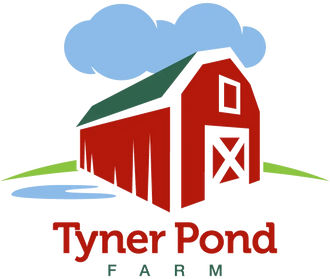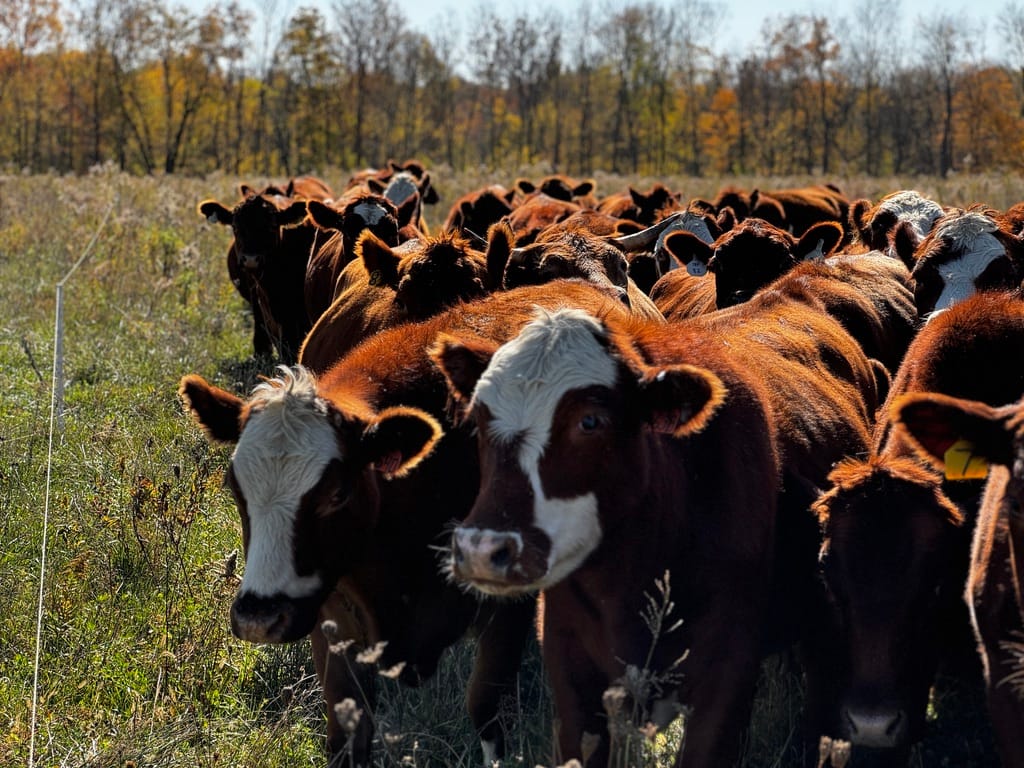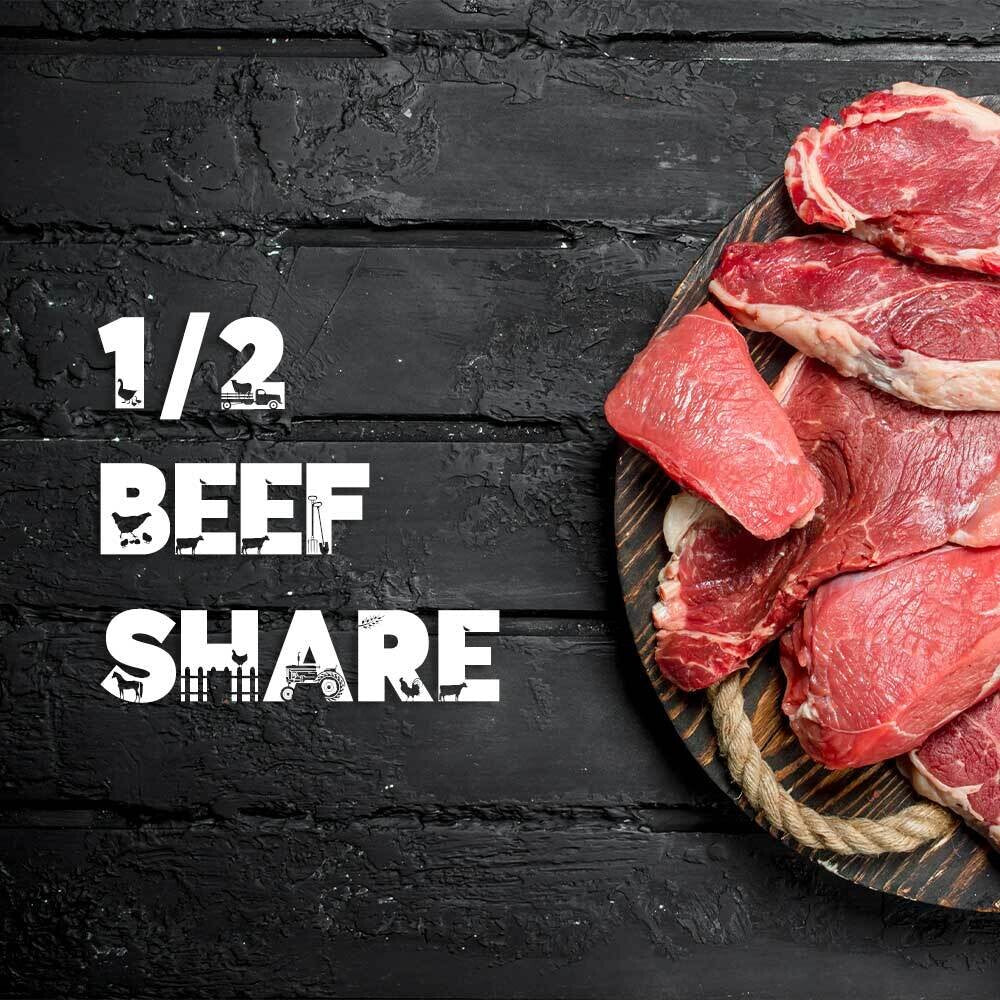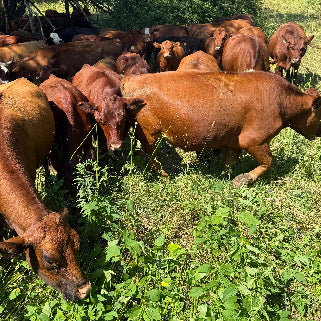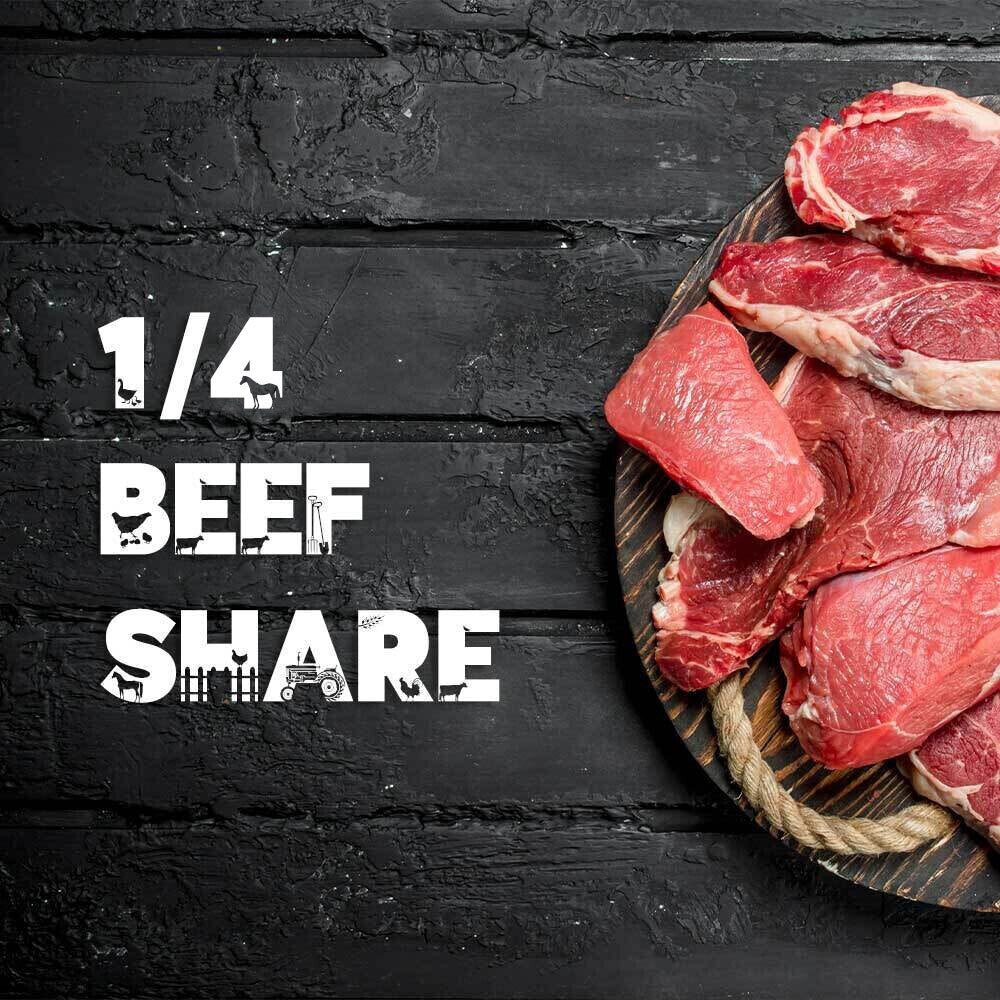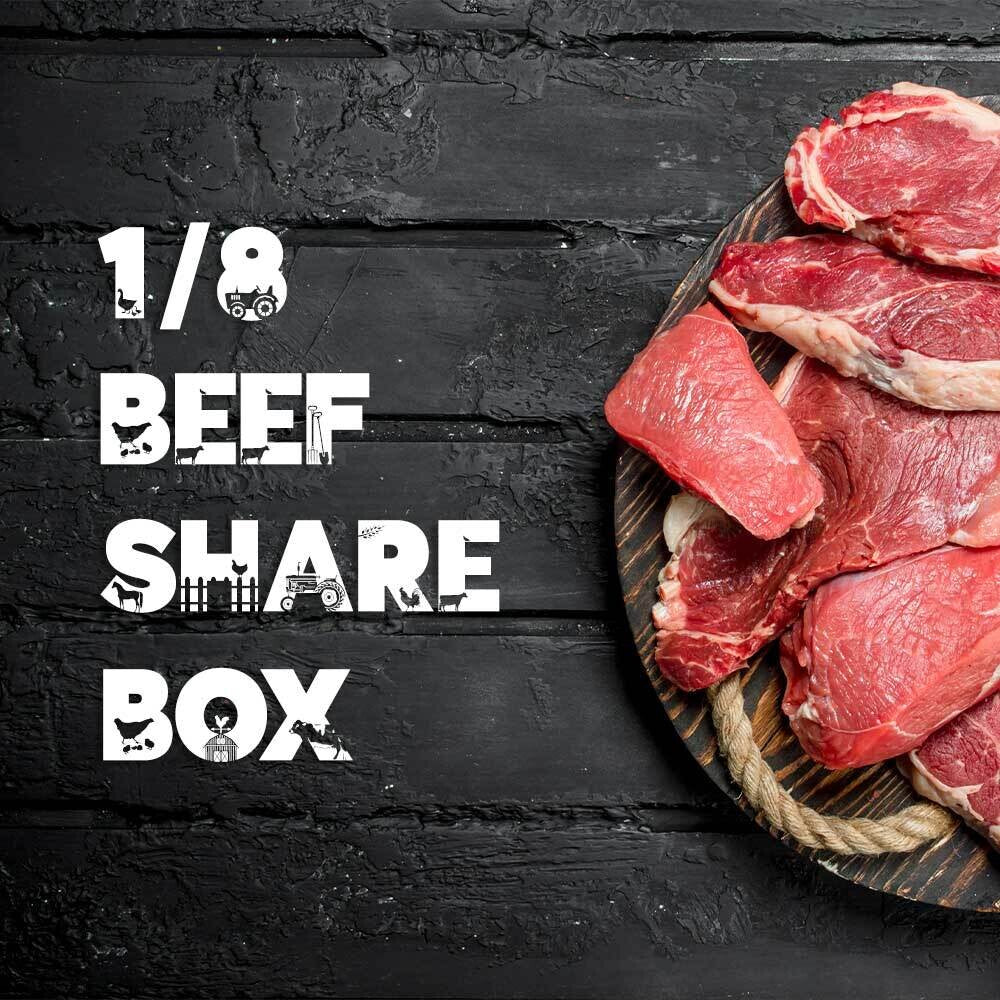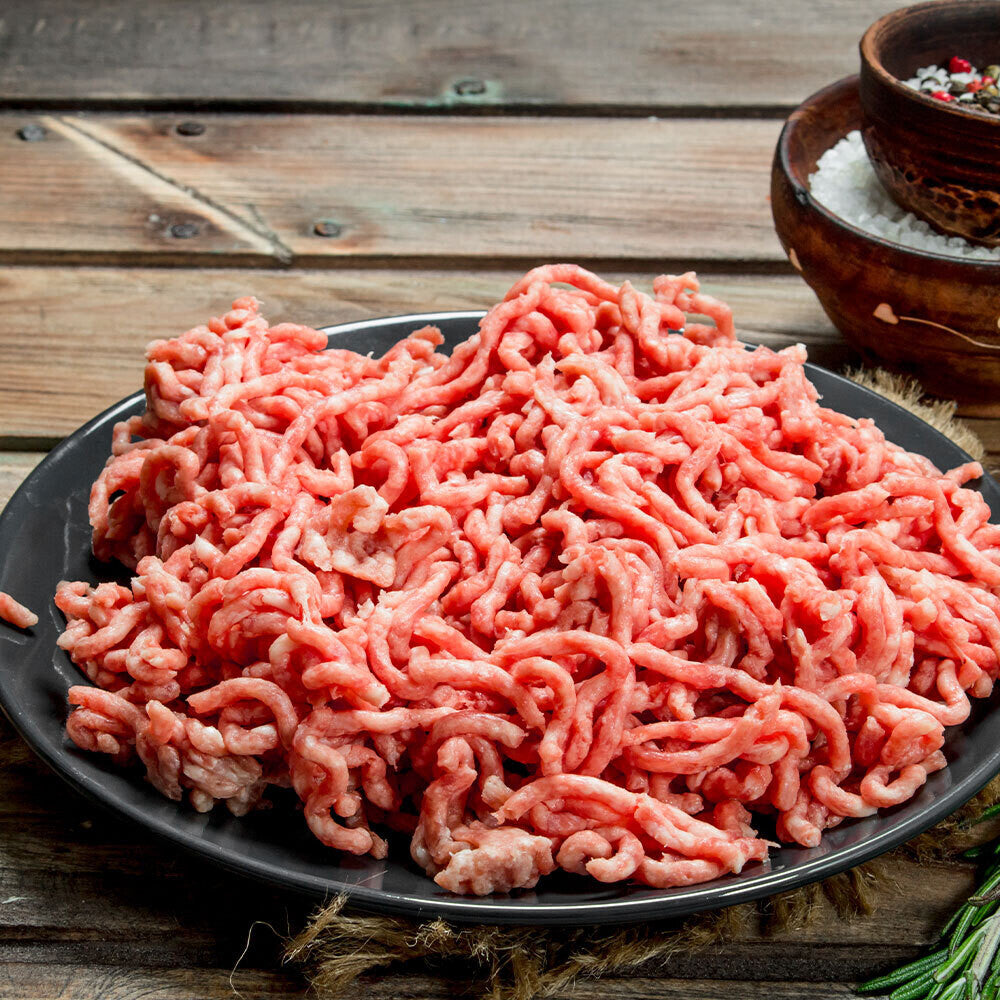
Are You Taking Supplements to Compensate for What’s Missing Nutritionally in Your Food
If you’re reaching for supplements to bridge gaps in your diet, you’re not alone. Many of us have been led to believe that supplements are essential for good health. But here’s a question worth considering: if your food is truly nutrient-dense, is there even a need for those supplements?
At Tyner Pond Farm, I believe that food should be the foundation of health. Yet, the modern industrial food system prioritizes shelf life and mass production over the nutritional quality of food, leaving people deficient in essential nutrients. This is where supplements have stepped in. The surge in products promising anti-aging, energy boosts, and even cellular rejuvenation reflects the reality that our food system isn’t providing the nutrients we need. But if we return to real, nutrient-dense food, we can rely less on supplements to “fill the gaps.”
Why Supplements Have Become So Widespread
Today’s food system has moved far from natural, nutrient-rich foods. Industrially produced food often comes from degraded soils and relies on chemical inputs rather than natural fertility. As a result, essential vitamins and minerals can be lacking. Nutrient-dense, whole foods—like the pasture-raised meats and naturally grown produce we offer—are simply harder to find, and this scarcity has led many to look for solutions in supplements.Are Supplements Necessary When You’re Eating Properly?
Supplements can serve a purpose when addressing specific, diagnosed deficiencies, but they’re often a Band-Aid over a larger issue. Here’s what I’ve found when it comes to relying on nutrient-dense foods over supplements:- Higher Bioavailability: Nutrients from real food are more readily absorbed than those from a bottle. For example, our grass-fed beef provides naturally balanced levels of iron, B vitamins, and other nutrients that work synergistically in the body.
- Balanced Nutrient Intake: Whole foods provide a range of nutrients that naturally complement each other, offering balance without the risk of overdoing one nutrient at the expense of another.
- Reduced Need for Synthetic Fixes: When we eat nutrient-dense foods grown in healthy soil, our bodies get the range of vitamins and minerals they need without having to rely on isolated nutrients in supplement form.
Why Food Should Come First
Relying on nutrient-dense foods is about more than just avoiding supplements. It’s about choosing food that’s truly complete. Pasture-raised meats, for example, aren’t just high in protein—they’re rich in essential fats, vitamins, and minerals. Similarly, produce grown without industrial chemicals offers not only nutrients but also the benefit of supporting our ecosystems and soil health.Investing in Health Through Real Food
So, if you’re asking yourself whether you need supplements, start by looking at what’s on your plate. Choosing nutrient-dense, whole foods can eliminate the need for many supplements altogether. For us at Tyner Pond Farm, producing real, nutrient-rich food is our commitment—to ourselves, to our community, and to everyone who values health over shortcuts. With every meal, we have the opportunity to nourish ourselves as nature intended, relying on food, not pills, to provide the nutrients our bodies need.The Bottom Line
When food is grown and raised with care, it doesn’t need artificial boosts to be nutritious. At Tyner Pond Farm, we know that real food is enough. If we’re eating food that’s naturally nutrient-dense, supplements simply aren’t necessary. Real food gives us what we need, allowing us to focus less on what’s missing and more on enjoying health the way it’s meant to be—straight from the farm, from soil that’s cared for, and from animals raised on pasture.
Tags:
Previous post
Bale Grazing and Winter Grass Management at Tyner Pond Farm
Next post
